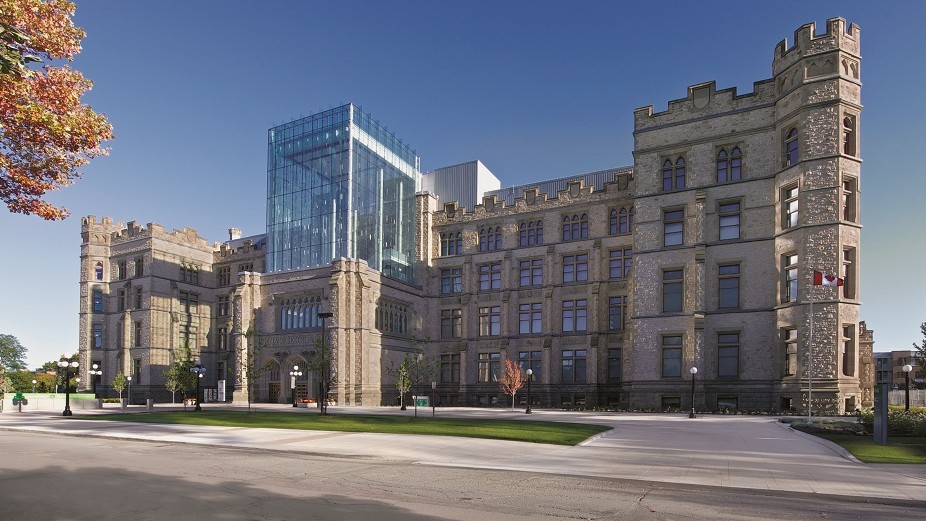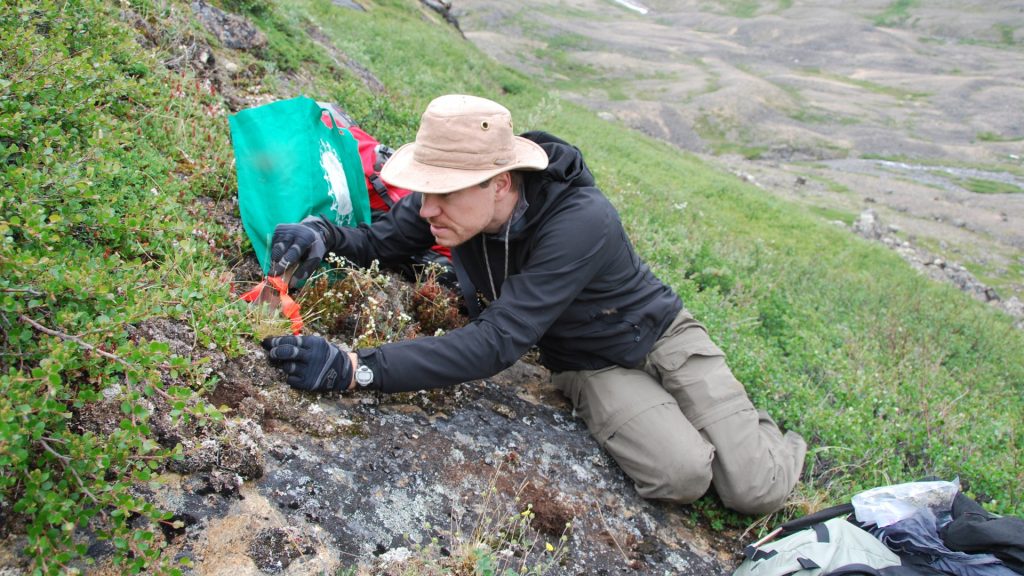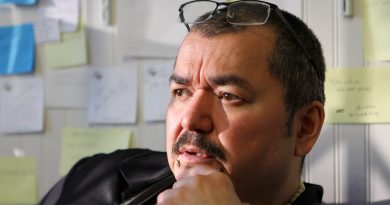New foundation to advance Canadian Museum of Nature Arctic projects in 2021

A new foundation set up earlier this year will help finance some of the northern projects planned at the Canadian Museum of Nature in Ottawa in 2021, especially an ongoing project to digitize Arctic specimens in the museum’s collection.
“We have a world-class collection of arctic fish, plants, lichen and moss, and getting that information out, and making it available to as many people as possible is more important than ever, to show the global community the Arctic climate crisis and biodiversity challenges we’re facing, and need to respond to,” Jeff Saarela, the museum’s vice-president, research and collections, said in a phone interview.
The Nature Foundation is the charitable arm of the Canadian Museum of Nature. The foundation launched in October 2020 with approximately $4-million in gifts. Arctic research is one of its four strategic priorities along with nature education, minerals and the future of science.

The museum’s Centre for Arctic Knowledge and Exploration (CAKE) also received two funding gifts: a $250,000 donation from Brookfield Asset Management to create the D.K. Beckel Arctic Fieldwork Fund, which will focus on supporting Arctic field research and a $50,000 donation from the Kenneth Molson Foundation to advance the museum’s National Arctic Field Research Fund.
The museum’s Arctic Digitization Project, which was started with a Ross Beaty gift in 2017, will also get a huge jump start with funding from the new foundation and will accelerate the work by at least a decade the museum says.
300,000 Arctic specimens
The museum has 14.6 million specimens and over 300,000 of those are Arctic materials. Until now about 2/3 of the Arctic specimen’s have been digitized and about 25 per cent have been imaged.
“I’m confident now that we’ll be able to finish all the plant, lichen, moss and seaweed specimens by the end of 2021,” Saarela said, saying other money will also go towards Arctic field work in 2021 depending on the COVID-19 situation.

Saarela says making the museum’s collection widely accessible and increasing awareness of the impact of Arctic climate change and biodiversity loss is more important than ever, even in the time of a pandemic.
“One day this will end, and when it does, we’ll still be left facing the global climate and biodiversity challenge. But if the pandemic has taught us one thing, it’s that we really are a global community. And look at what happened when the global community banded together and how quickly that produced viable vaccines.
“Maybe there’s a lesson for us in all that about what we, as a global society, could accomplish if we rallied around facing the climate change crisis in the same way.”
Write to Eilis Quinn at eilis.quinn(at)cbc.ca
Related stories around the North:
Canada: Project to digitize works from Inuit artists gets further grant from Canadian Heritage, Eye on the Arctic
Finland: Increasing ocean acidification ushering era of uncertainty for Arctic, says report, Eye on the Arctic
Greenland: Greenland accedes to UN treaty against mercury pollution, Eye on the Arctic
Iceland: Iceland to host international symposium on plastics in Arctic and sub-Arctic, Eye on the Arctic
Norway: Record November warmth in Svalbard, Norway, The Independent Barents Observer
Russia: 2020 shaping up to be among warmest years on record says WMO, Eye on the Arctic
Sweden: Twenty-five Indigenous Sami remains returned by museum are reburied in northern Sweden, Radio Sweden
United States: Alaska museum’s latest exhibit gives unique look at pingoes, Alaska Public Media



